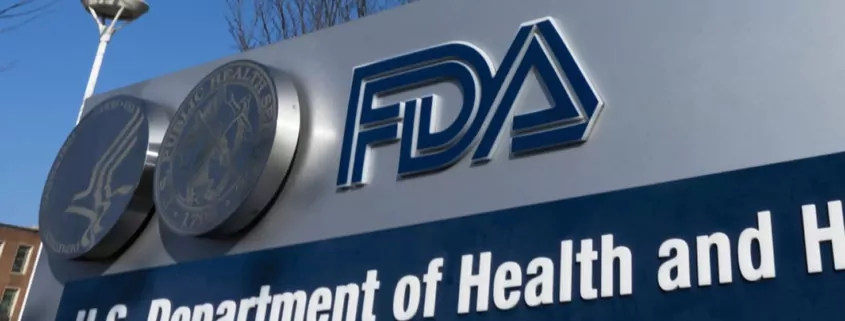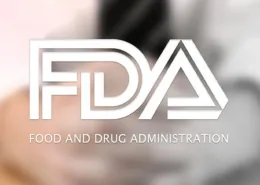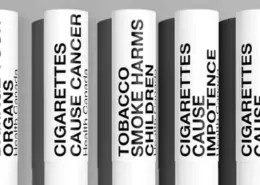FDA Faces Leadership Shake-Up: Major Staff Cuts and Departures Shake Health Agency’s Stability
The FDA’s recent leadership overhaul continues to send shockwaves through the agency, leaving a critical leadership vacuum and raising concerns about its ability to fulfill its mission of ensuring public health. On April 01, the FDA’s chief tobacco regulator, Brian King, was placed on administrative leave, marking the latest chapter in a sweeping purge that has affected multiple departments within the agency. The restructuring has particularly targeted the FDA’s tobacco division, which has been a focal point of debate over policies regarding vaping and e-cigarette regulation.
Resignations and Layoffs Across Key FDA Divisions
In addition to King’s removal, the FDA’s tobacco center also saw mass layoffs, with entire offices responsible for drafting regulations and setting tobacco policy being dissolved. This is a significant blow to the agency’s ability to create new guidelines for regulating tobacco products, especially e-cigarettes and vaping devices. Mitch Zeller, the former head of the FDA’s tobacco division, expressed grave concerns, stating that dismantling the team responsible for policy creation undermines the agency’s effectiveness in safeguarding public health.
Moreover, other senior officials across various divisions, including the FDA’s vaccine and drug centers, were let go. The agency’s press office, which is crucial for disseminating information to the public, was also affected by the layoffs. These changes have drawn significant criticism, especially given that the FDA oversees some of the nation’s most important public health functions, from drug reviews to the regulation of medical devices.
The Fallout of Recent Leadership Changes
Brian King, who joined the FDA in 2022, faced heavy criticism from the vaping industry for his aggressive stance on flavored e-cigarettes. Under his leadership, the FDA rejected thousands of e-cigarette products, primarily those with fruit and candy flavors that critics argue appeal to teenagers. His efforts to curb teen vaping have been praised by public health advocates, as they contributed to a notable decrease in teen vaping rates to a 10-year low.
However, these policies sparked a backlash from the vaping industry, which accused King of stifling innovation and slowing down the approval process for reduced-risk alternatives to traditional cigarettes. The removal of King and the mass layoffs come on the heels of another high-profile departure: Dr. Peter Marks, the FDA’s vaccine chief, who was also forced to resign after his role was embroiled in controversy. Marks’ departure has been linked to ongoing debates about vaccine misinformation, further complicating the agency’s leadership crisis.
A Precarious Future for FDA’s Tobacco Policy
The timing of these changes is particularly concerning as the FDA faces mounting pressure from all sides on tobacco-related matters. The agency is tasked with balancing the need to protect youth from the dangers of vaping while also ensuring that adult smokers have access to safer alternatives. Recent developments indicate that the FDA has become mired in controversy, struggling to address competing interests from anti-tobacco groups, the vaping industry, and political figures.
The removal of Brian King and the broader staff cuts leave the FDA with limited institutional knowledge and expertise in regulating tobacco products. The agency’s future direction, especially under incoming FDA Commissioner Marty Makary, remains uncertain. Although Makary has stated that he plans to conduct an assessment of recent staffing changes, the agency’s capacity to address ongoing tobacco-related issues will likely be hampered by the loss of experienced leaders.
A Nation’s Health in the Balance
The vacuum of leadership at the FDA, coupled with significant cuts to its tobacco division, could have serious implications for public health. Tobacco use remains the leading cause of preventable death in the United States, and as vaping products become more ubiquitous, the need for clear, science-based policies is more pressing than ever. The FDA’s regulatory efforts must evolve to reflect the changing landscape of nicotine products, but the agency’s ability to do so remains uncertain amid ongoing leadership turmoil.
As the FDA struggles to regain its footing, it remains to be seen how the agency will address the future of tobacco regulation and how it will balance the demands of public health with the realities of an evolving marketplace.
- Kazakhstan Seizes 150k Illegal Vapes in Almaty Raid - July 30, 2025
- Brazil Police Crack Down on E-Cigarette Smuggling - July 30, 2025
- Experts Urge South Africa to Adopt Science-Based Vape Policies - July 30, 2025









